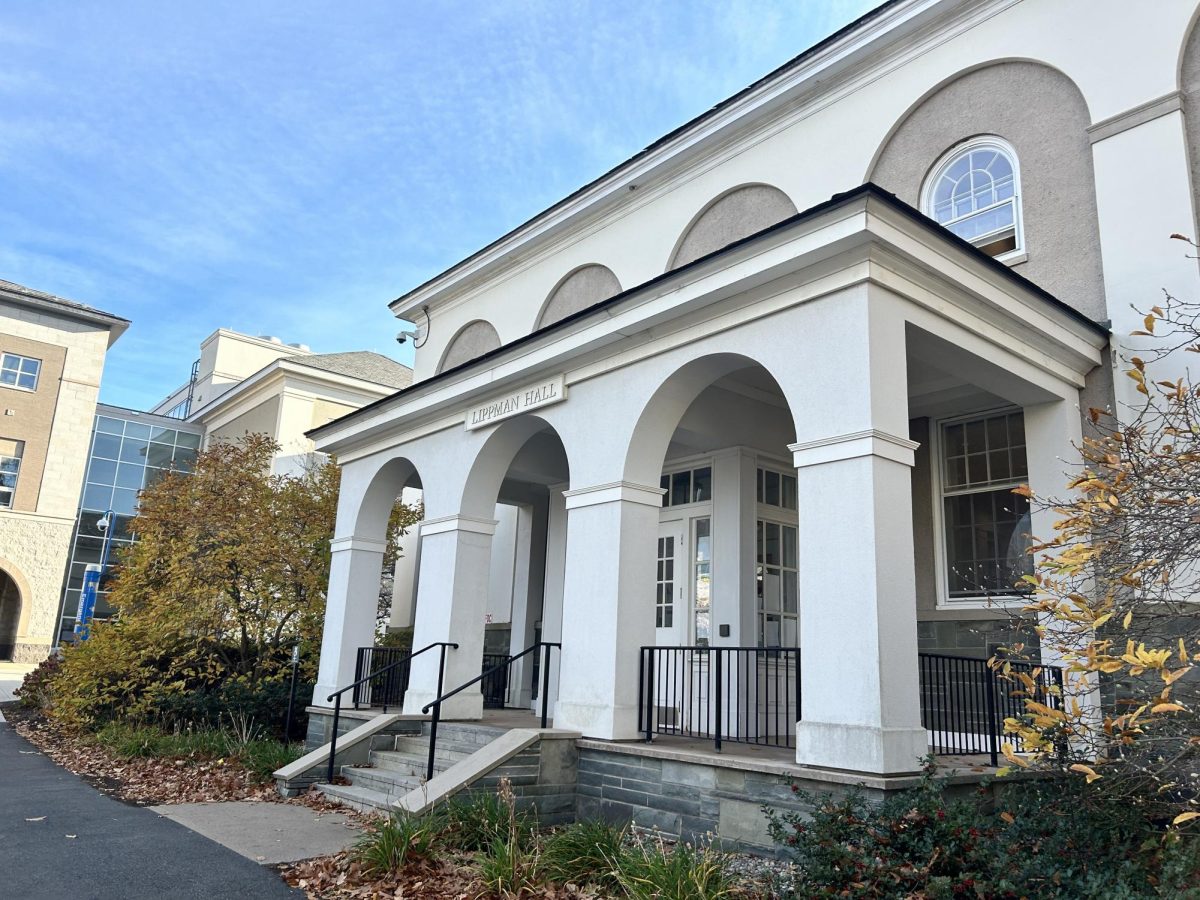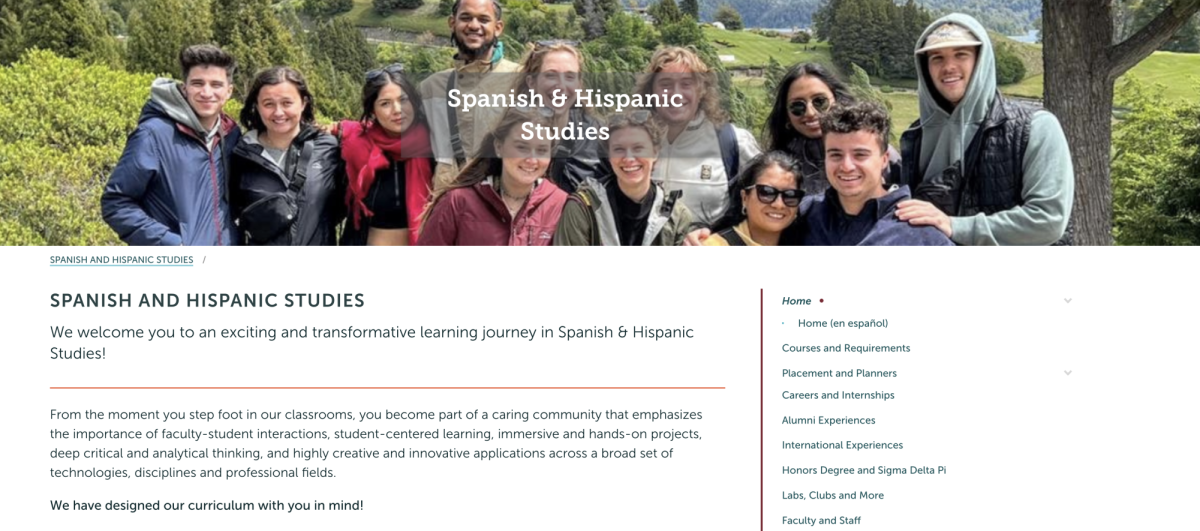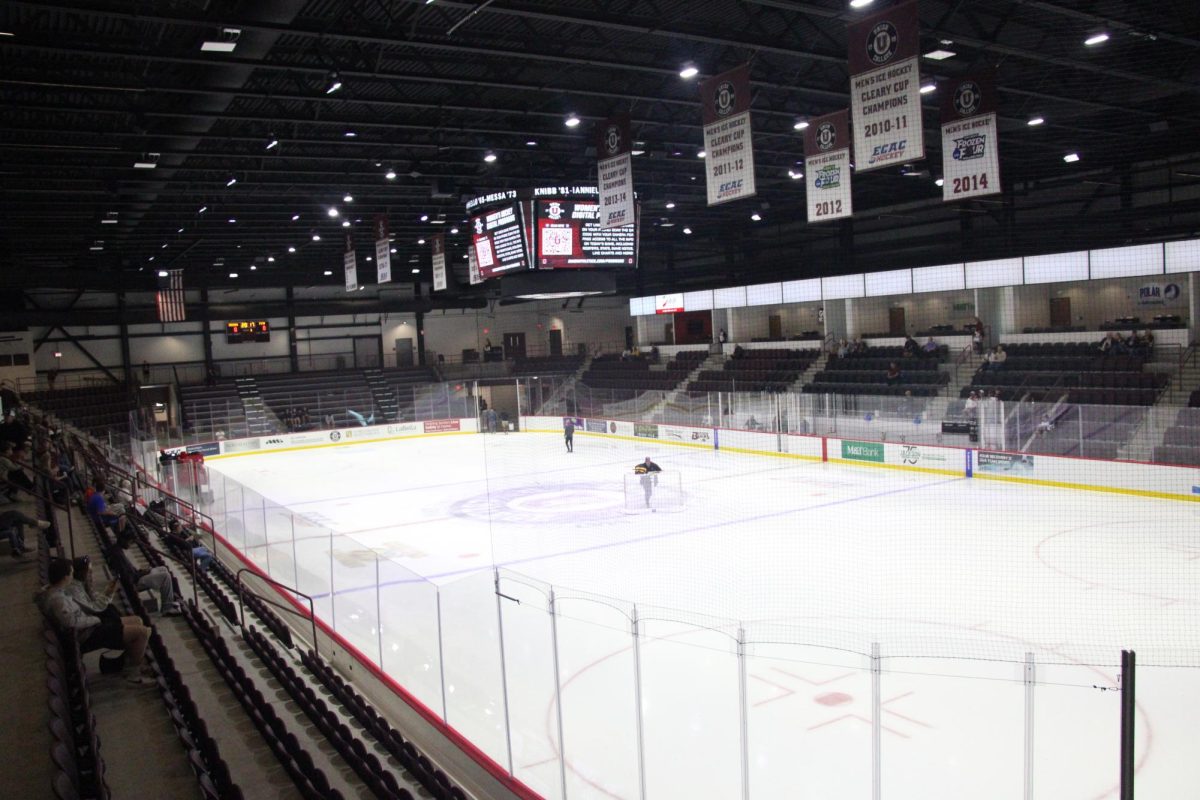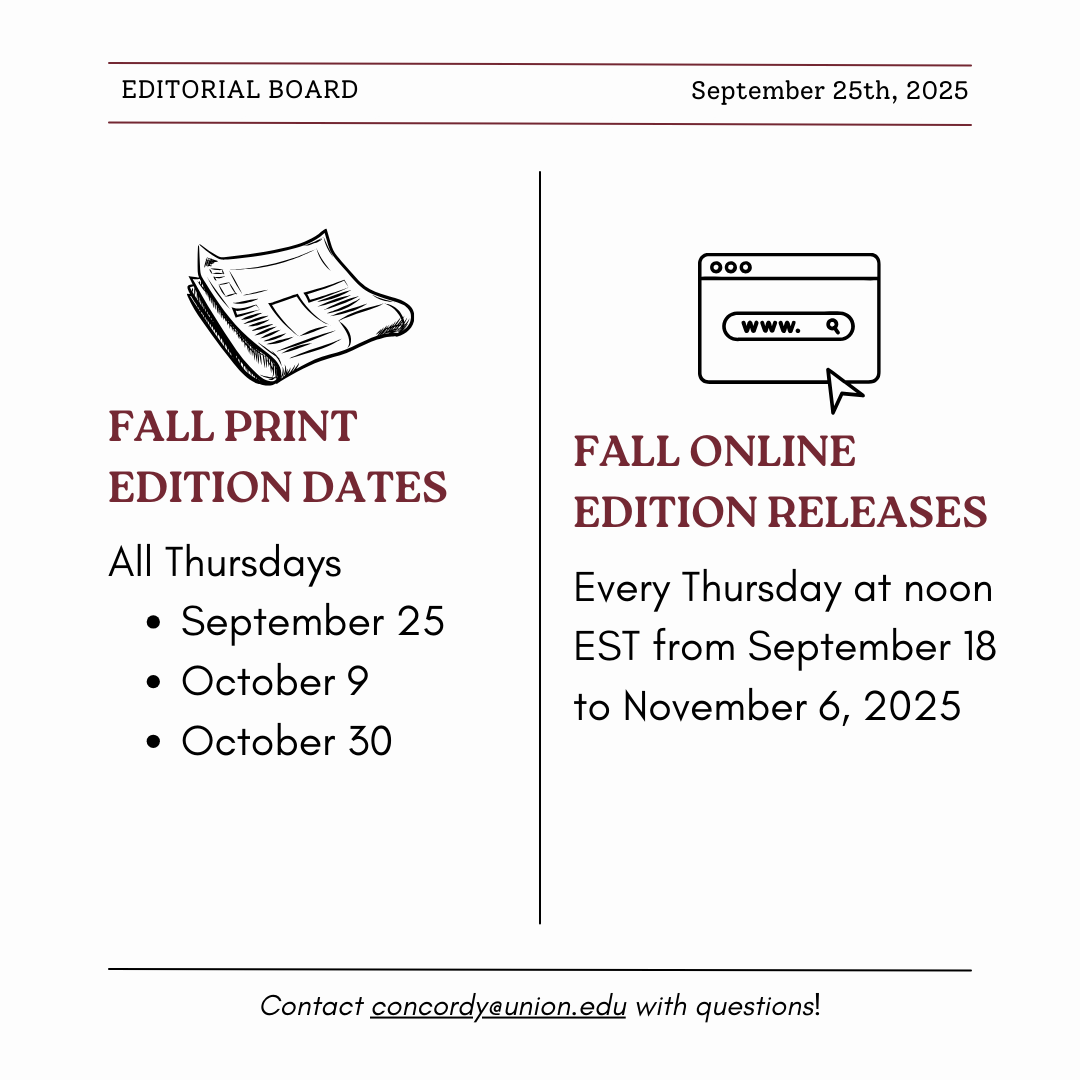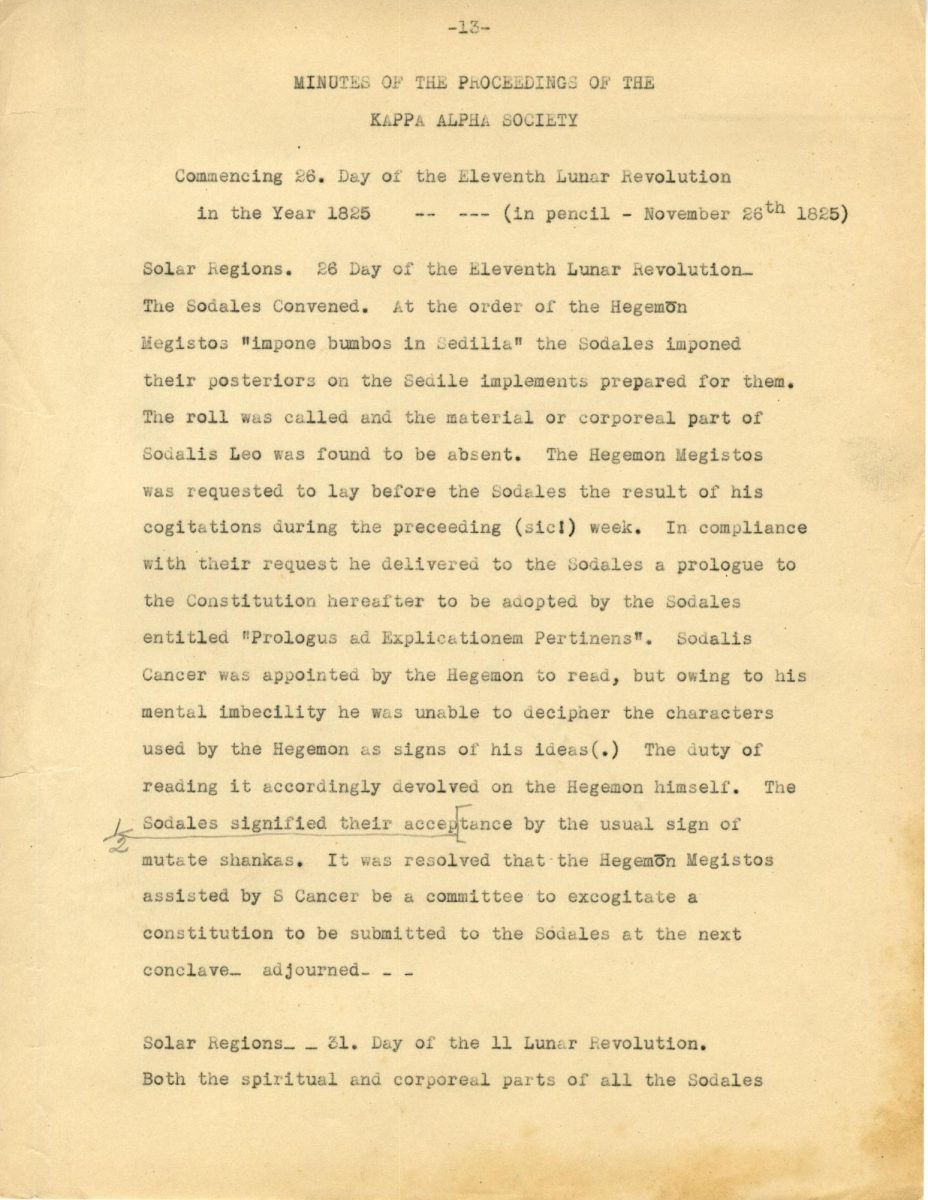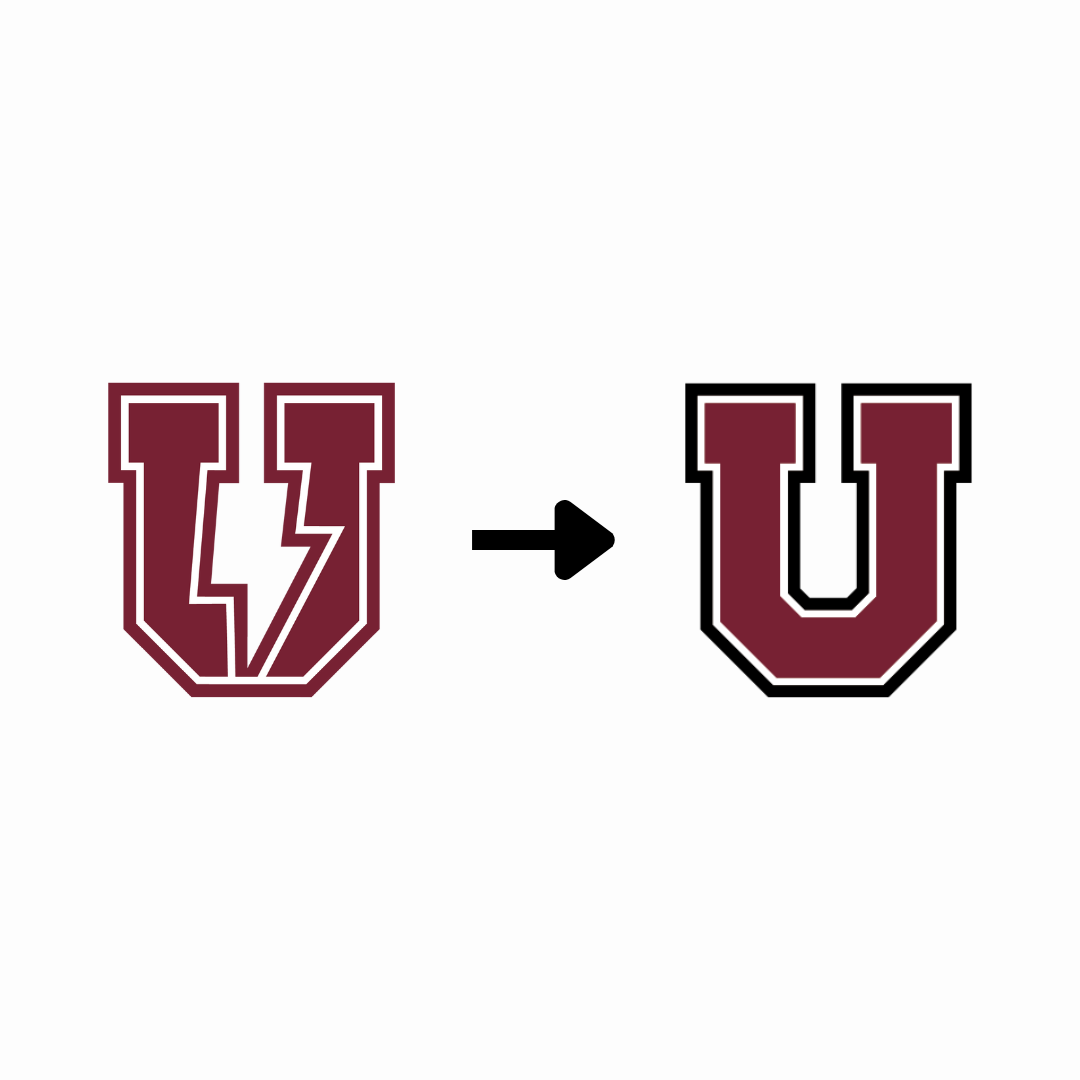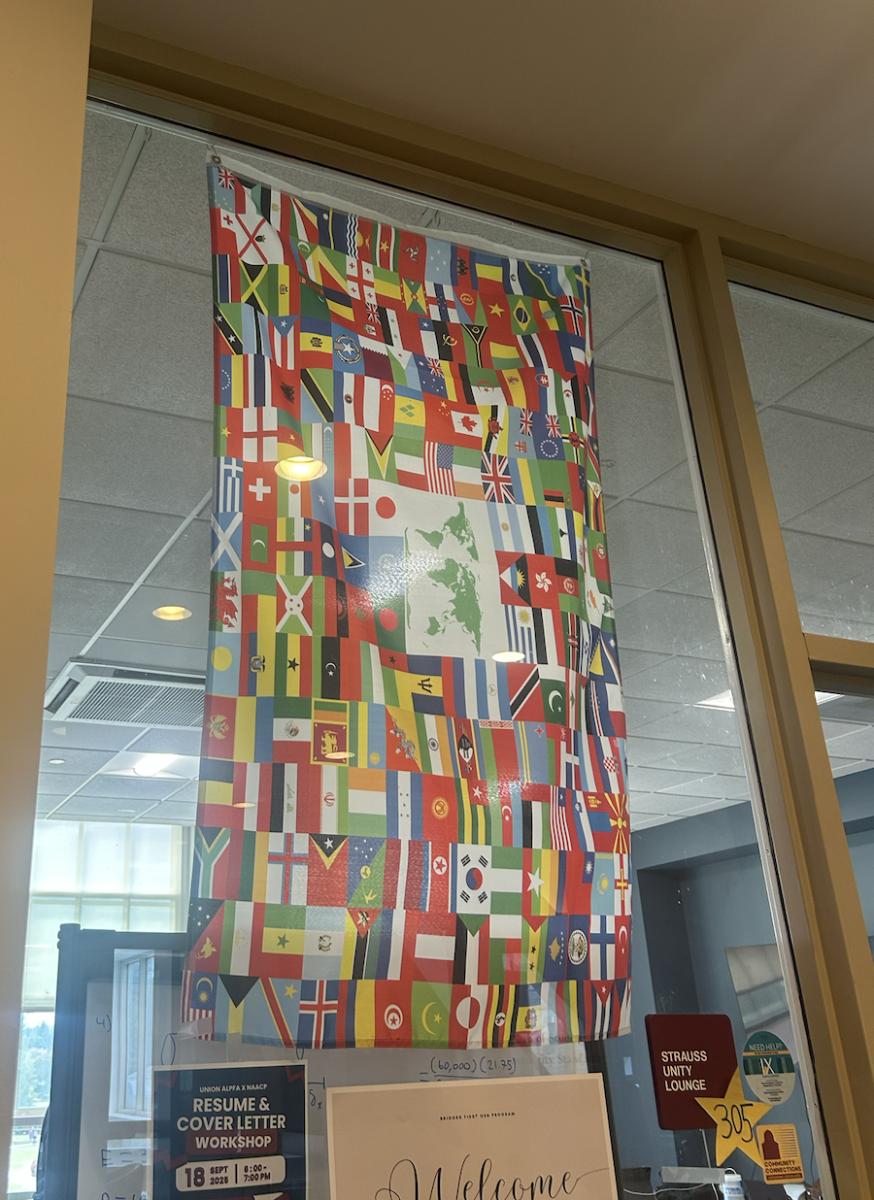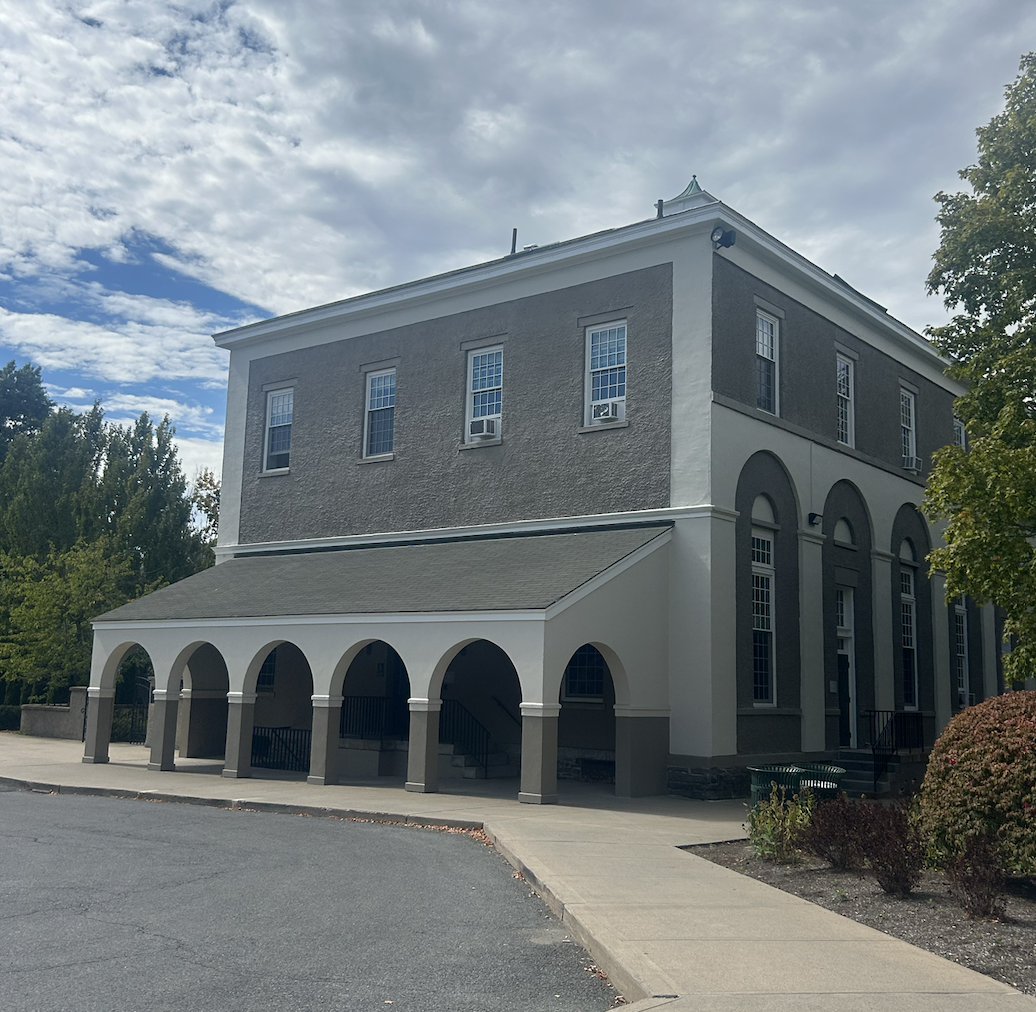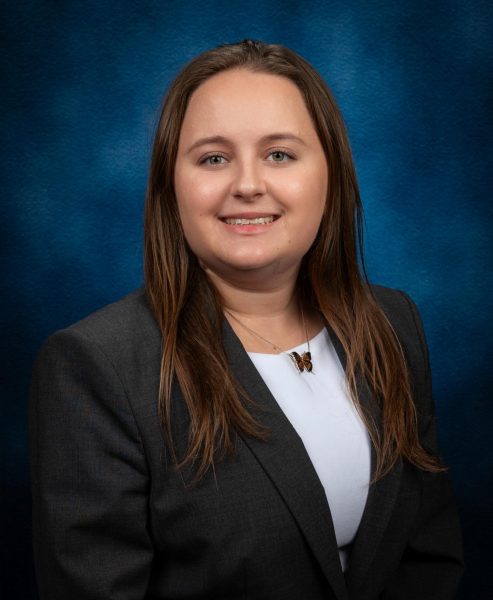At Union and other colleges across the country, academic departments have dealt with issues related to staffing. Union has helped two popular departments, economics and psychology, have created improvements with their staffing issues, but the departments still face issues.
In the psychology department, the department has historically been seriously understaffed. “This meant that students often had to wait many terms or years to get into the courses they wanted,” Professor George Bizer, department chair of the psychology department, told the Concordiensis. “All students were able to graduate on time — the understaffing didn’t delay any graduations — but it did mean that students often had to wait many terms (or, in some cases, years) to get into their required courses.”
Thankfully, the college has addressed this issue. “Over the past two or three years, we’ve been very appreciative that the College has allocated more staffing to the department and as such we are in a better place,” Bizer continued. “Students sometimes can’t get into courses exactly when they want (as is the case in many departments at Union and at many other colleges and universities too), but the wait time has dropped a great deal.”
However, a current issue with the department is their reliance on visiting professors. “Our Visiting Assistant Professors are fantastic teachers and wonderful scholars — they’re amazing colleagues — but by policy they may stay at Union for no more than five years. This means that there’s a lot of turnover, so some students find themselves making meaningful scholarly and personal connections with these faculty members only to see them leave Union for another institution,” Bizer said. To mitigate this issue, “We continue to pursue permanent (‘tenure-track’) faculty through the College’s faculty-allocation process. We feel that additional permanent faculty will help strengthen our department.”
Union is not the only institution that relies on part time faculty. Across the country, “70 percent of all college and university instructors are part-time or temporary, more than twice the national workforce average of 30 percent,” according to the American Federation of Teachers.
In another popular department, economics, particularly faces issues with the amount of faculty in the department. “The economics department continues to be the largest major at Union: there are more than 100 majors in each of the Classes of 2025 and 2026. However, there are not enough tenured/tenure-track professors in the department,” Professor Younghwan Song, chair of the economics department, told the Concordiensis.
The economics department has worked to improve their staffing issues, but they have seen less success than the psychology department. “For 2024-25, the department requested two three-year visiting assistant professors to offer enough courses to meet the demand. Ultimately, the department was approved to hire one. Additionally, four adjunct professors were hired to teach six classes,” Song said. “Because visiting professors and adjunct professors are hired temporarily, they may not have enough time to fine-tune their teaching to better suit Union students. It is also challenging for students to foster long-term relationships with these professors.”
“The department plans to hire two tenure-track assistant professors for 2025-26. However, staffing will not improve substantially because two visiting assistant professors will leave the department at the end of 2025.” Song continued.
These staffing shortages may be because of the cost to hire a tenure-track professor. The economics department’s spring 2023 newsletter previously covered their department’s issue, and noted that “the college allots departments with tenure lines. Tenure lines fund the entire career, including benefits, of a professor. Currently a new line costs about $4 million as the invested returns of the lump sum must fund the yearly cost of the tenured employee.” Therefore, it is cheaper for the college to hire temporary faculty to fulfill their staffing needs.
Though these departments are grappling with staff shortages, the college has made an effort to alleviate these staffing issues. But students must understand that these issues persist, and that may impact the courses they take and the professors they develop relationships with.


